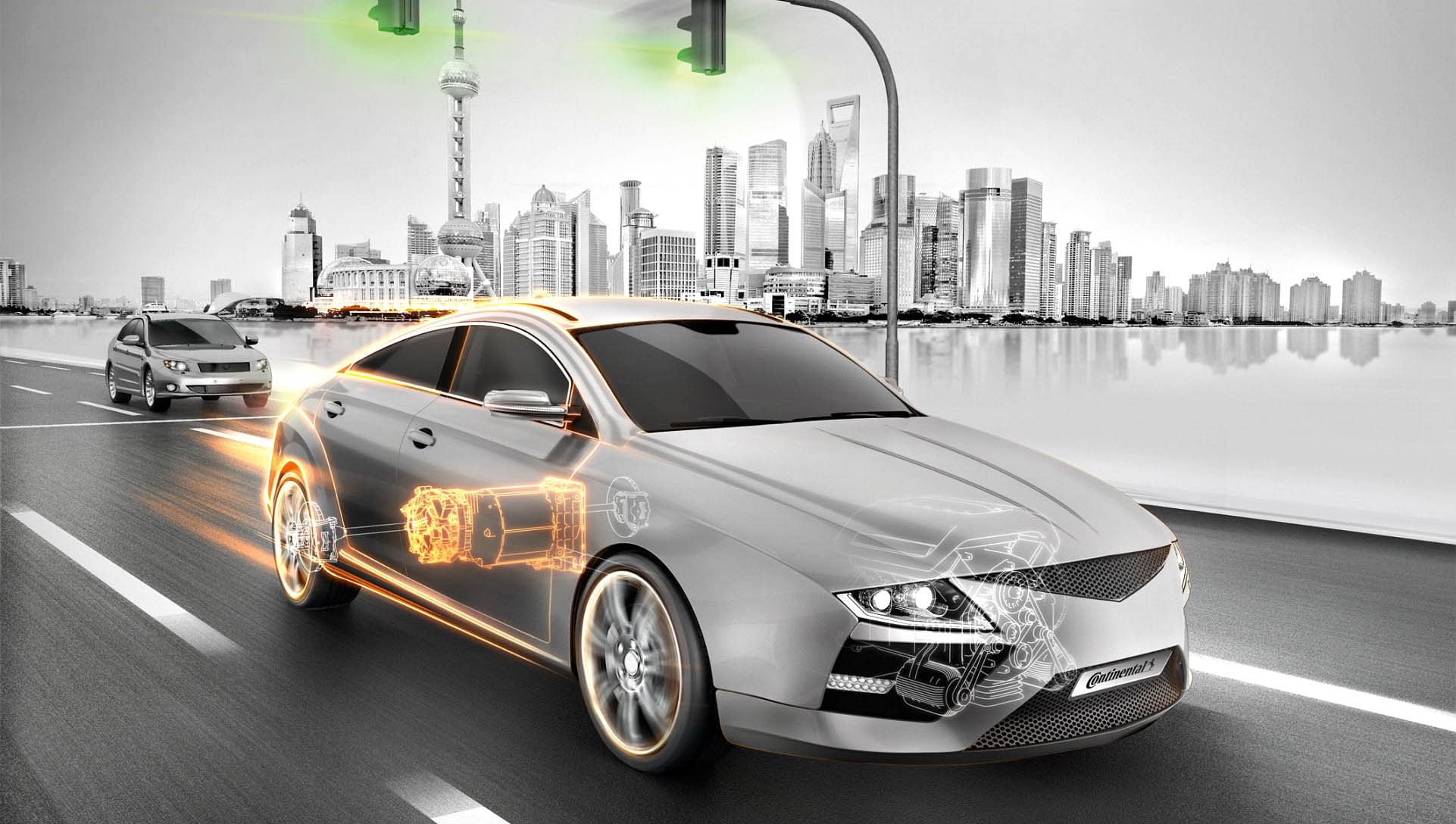Continental says clean air and zero traffic accidents are a possibility
In a speech at Continental Group’s annual general meeting recently, Elmar Degenhart, chairman of the company’s executive board, said that lower emissions and safer roads can be a reality in the near future.
In a speech at Continental Group’s annual general meeting recently, Dr Elmar Degenhart, chairman of the company’s executive board, said that lower emissions and safer roads can be a reality in the near future.
“The concept of mobility is currently being redefined. It is expected to be even safer, even cleaner, and – above all – fully connected. And all at a price that everyone can afford. All of this requires more efficient, more intelligent, and more sustainable mobility solutions,” said Degenhart.
“Three challenges are particularly important for our business: clean air and lower emissions; enhanced safety and zero accidents on the road; and connected mobility and new services. Continental is making key contributions to all three of these challenges. And we must do so because we and our industry have an enormous responsibility here to society,” he added.
Highlighting the grim reality of road traffic fatalities around the world each year, he said: “For us, it is simply unacceptable that 3,300 people lose their lives and 140,000 are injured on the roads every day. It is time to put road accidents in a museum.”
Commenting on the technology required to bring about these changes, Dr Degenhart said: “The technology for doing so is already available and is now being fully integrated into cars. It includes our advanced driver assistance systems and our tyres.”
“These systems keep the vehicle in the lane and on the road, monitor the blind spot, brake autonomously, or get help in emergencies. They detect the surrounding environment and any dangers, and can even park autonomously. Advanced driver assistance systems of this kind are the foundation of automated driving and represent our strongest growth area,” he added.
According to Dr Degenhart, in 2016 itself Continental will generate sales of more than €1 billion with these technologies and by 2020 he expects sales to have exceeded the €2 billion mark, doubling in just five years.
Lower emissions for sustainable mobility
Low-emission drive systems were once again one of the main topics at the most recent World Climate Conference: “Carbon dioxide is one of the main causes of global warming. Over a billion vehicles produce almost one-fifth of carbon-dioxide emissions. The battle against harmful emissions has therefore entered a decisive phase, which is why government regulations on climate protection are getting stricter – and rightly so – in Europe, the US, China, and Japan,” Dr Degenhart said.

Experts at the World Climate Conference in Paris expect that global warming will cause a rise in sea levels, which, in the worse case, could result in as many as 500 million refugees as a consequence of climate change. "If this prediction is true, there will be chaos on a global scale,” warned Dr Degenhart, adding about the importance of low-emission drive systems: “The internal combustion engine will continue to be the main type of drive system up to and beyond 2020.”
Continental is therefore developing key components for fuel-efficient, low-emission drive systems, including direct injection, turbocharger technology, exhaust-gas aftertreatment, light-weight design, electrification of the powertrain, driver information, and vehicle connectivity. “Our current technologies help reduce fuel consumption by an average of 20 percent,” said Dr Degenhart.
Click here to be a part of our safety webinar - 'Towards a Safer India'
RELATED ARTICLES
Sept 2024 From R&D incentives to EV infrastructure: What auto components industry expects from Budget 2024
Sept 2024 From R&D incentives to EV infrastructure: What auto components industry expects from Budget 2024
US car majors hit the brakes on driverless cars
Ford Motor and Volkswagen to close self-driving startup Argo AI, due to lack of technology and clear regulations.
Autoliv and Geely to develop advanced safety tech for future vehicles
Scope of cooperation includes safety for high-level autonomous driving, intelligent steering wheel technology, a 360deg ...






 By Autocar Pro News Desk
By Autocar Pro News Desk
 29 Apr 2016
29 Apr 2016
 2637 Views
2637 Views









